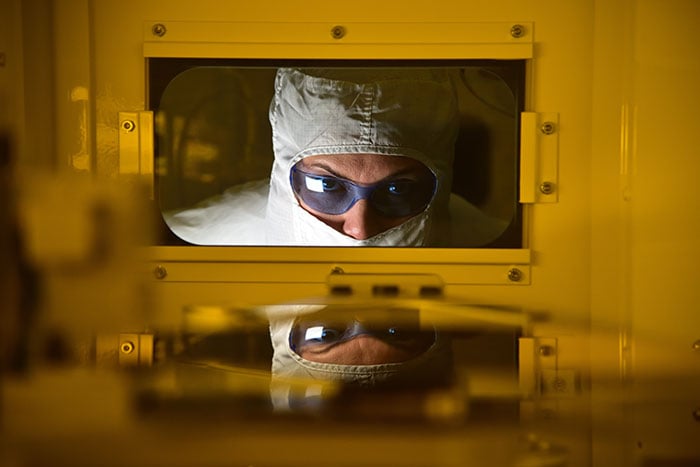Alleged Intel Gen 11 GPU Benchmarks Leak Showing Major 2X Performance Boost

We are obviously anxious to see what Intel unveils in 2020, which is when it plans to launch its first modern discrete GPU. In the more immediate future, though, Intel's Gen 11 graphics are coming, complementing the company's recently announced Sunny Cove CPU platform. In the lead up to Sunny Cove, the first Gen 11 performance leak has found its way to the web.
To quickly recap, Intel announced Sunny Cove during its Architecture Day event last December. Sunny Cove is a next-generation Core CPU platform based on the company's 10-nanometer manufacturing process. It's different than Cannon Lake, but will comprise both Core (consumer) and Xeon (server) hardware, starting in the second half of 2019.
Intel's next-generation Gen 11 graphics will also begin shipping in 2019. Gen 11 increases the number of enhanced execution units from 24 to 64, while pushing compute performance to over 1 TFLOPS, according to Intel. it will also include support for tile-based rendering and adaptive sync technology, so that it can offer similar tear- and jitter-free gaming experiences to AMD FreeSync and NVIDIA G-Sync.
Notorious leaker and Twitter user @TUM_APISAK posted a screenshot of Gen 11 benchmarks in Ashes of the Singularity. Here's a look...
At 1920x1080 with the settings on Low, Gen 11 averages 20.4 frames per second in AOTS, according to the above screen grab. That does not rival burly desktop cards—the top result for a GeForce RTX 2080 Ti is 157 fps, for example—but it's around twice as fast as Intel's UHD 620 graphics. It's also on par with a GeForce MX130 GPU.
Obviously Intel is not lighting the world on fire here. However, this is integrated graphics we are talking about, and a 2x performance boost is pretty impressive, if it holds true. Assuming this is a legitimate score, it could also be a conservative one—at this early stage, we can assume this is an engineering sample, with drivers that are not yet mature for the silicon. APISAK also reckons this is a mobile processor.
We'll have to wait and see how performance actually shakes out, but that said, this is a good early showing of Gen 11.


